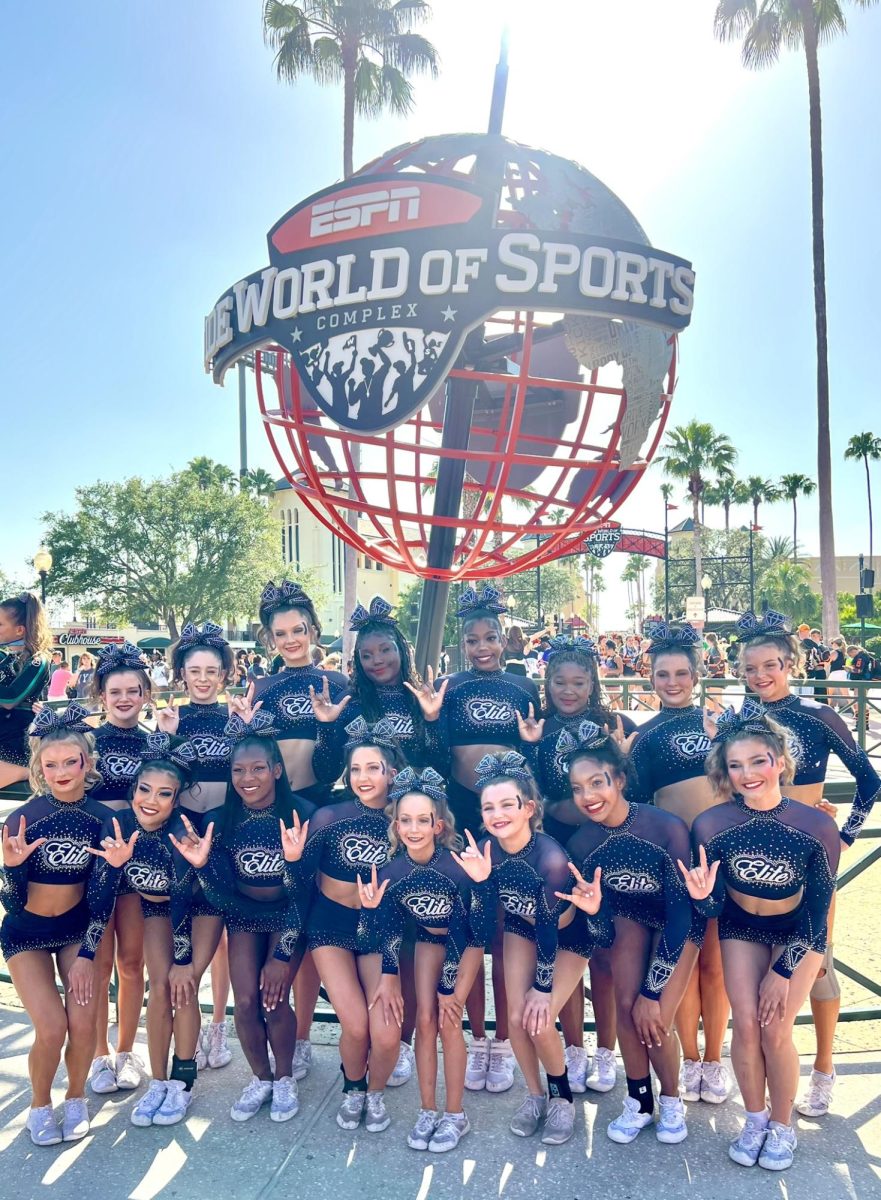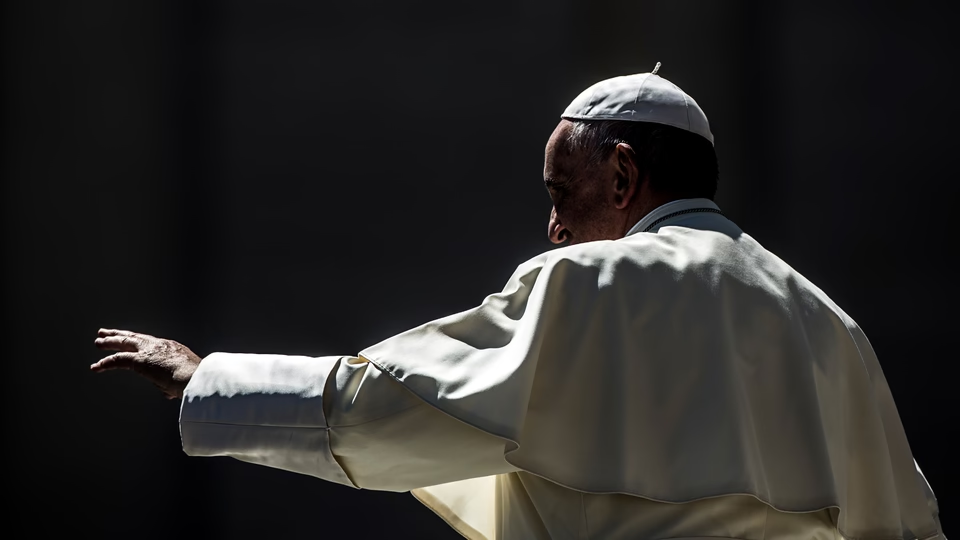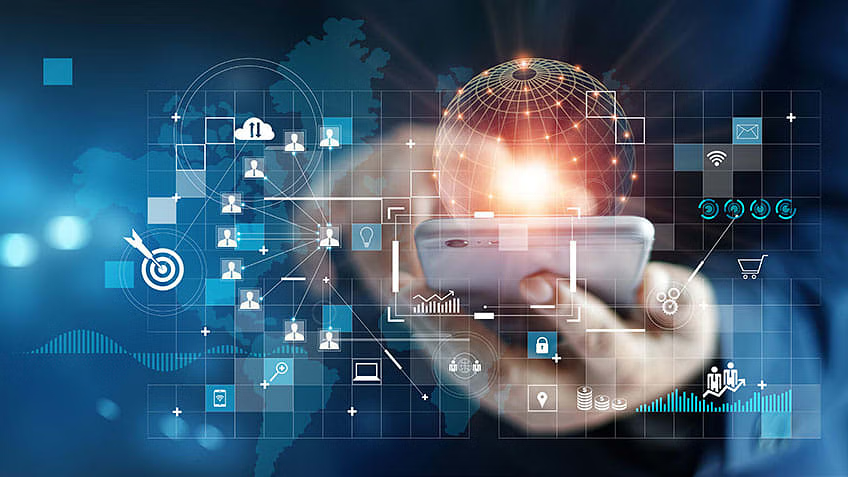In the last few decades, technology has advanced rapidly in private industry. Devices like the iPhone and the Internet have fundamentally changed the way we live our lives, many of those changes being good and many being bad. As this technology makes our lives easier in many respects, it amplifies many threats and dangers such as terrorism. These issues have appeared in several cases in the Supreme Court, and there are two sides: Privacy and National Security.
Make no mistake, these issues on privacy and national security are not black and white. The gray area is so large, and that is why the fine line between privacy and national security is so hard to define.
In 2015, a study conducted by Pew Research Center shows that 54% of Americans disapprove of the government’s collecting of private telephone and internet information to prevent terrorism. On the flip side, only 42% approve, and the others are not sure. Furthermore, 74% of Americans said that they should not have to give up privacy and freedom for the sake of security, while 22% said the opposite. This shows that Americans generally favor their personal privacy over national security. However, I think one of the reasons that personal privacy is favored is because people are unsure if the government will protect their interests and what is best for them.
In the United States Supreme Court, the results on privacy vs national security greatly depend on the context in which they are in. Wiretapping phones is a great example. For instance, in 1928 in Olmstead v. United States, the Supreme Court ruled that wiretapping phones could be conducted with a warrant. However, in 1967, the Supreme Court ruled that you must have a warrant to wiretap phones in Katz v. United States. “The justices had phones [by 1967], and they knew that they talked about their most private stuff on those phones.” Says Jennifer Granick, director of Civil Liberties at the Stanford Center for Internet and Society. Granick went on to say that cases for wiretapping look different depending on their individual dynamics.
When it comes to the privacy and national security debate, I think that national security will always be more important than privacy as long as the government continues to protect the rights of its citizens. However, excessive measures of the invasion of people’s personal privacy should not happen when it is not necessary. For instance, I don’t think that the government should collect everyone’s phone data, but only those suspected of a crime or cooperation with a terrorist regime. Furthermore, I do not think that there is a perfect line dividing what is permissible and what is not to protect national security and people’s personal right to privacy. That will always be a gray area and people will always disagree with one another on what is the best option. The opinions of both myself and the people also depend greatly on the context of specific situations. It is impossible to draw such a fine line on such a broad and changing subject.











Alex • May 31, 2020 at 9:09 pm
This was very helpful and expertly written. I think the author would be an amazing future big-time author.